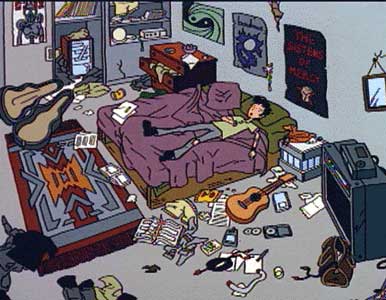
Talking without speaking, hearing without listening: read these words aloud in your mind silently. I still haven't been able to completely wrap my brain around the fact that this is even possible. Isn't sound, and our perception of it, a purely physical phenomenon? Physical waves have to physically excite certain internal parts of our ears which would then translate to the sensation of hearing. How can we possibly perceive sound without this activity, then? Especially when I can actually even say it softly or loudly with varying pitch and intensity - but all of it internally, without really making any audible noise. (And thus the reverse paradox: when you say things aloud in your mind, do you make a sound?) I mean, what does sound even mean if it's not a result of molecular disturbances in the ear cavity? What makes it more strange is that I am unable to recreate this with the other four senses (six, if one includes motion and balance). I can certainly remember a face, but I cannot actually see it with my eyes closed; I can bring up the memory of a touch or a taste or a smell, but cannot voluntarily recreate the specific feeling in the absence of the actual physical stimulus. So what makes sound different? How is it that I can actually recreate the neural pathways in the brain that produces hearing (if that is really what is going on) when the actual source is absent? Going even further, when we read a word, are we necessarily always making the sound in our brains? Do we ever just read, or are we always reading aloud silently without being conscious of it? What do congenitally deaf people feel when they read? Can we isolate the sound of the letter A from the letter itself and perceive them separately? No, I don't have the answers; all I can do is silently wonder, turn, and toss.
Oh, and for those of you already bored out of minds by this entry (you know who you are), here is a hilarious parody of the Simon & Garfunkel classic that inspired the title.
